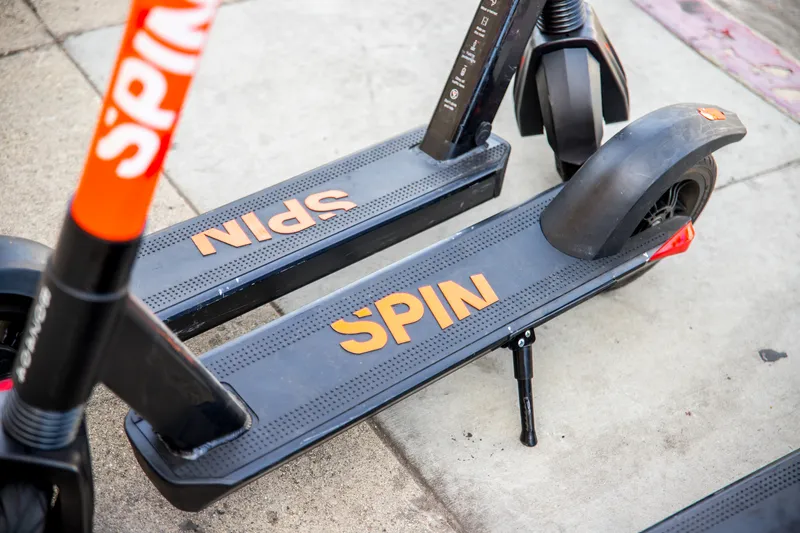Helsinki-based
Offers include a pay as you go option as well as the Whim Everyday £99 ($139) per month package which comes with unlimited public transport for taxis and car hire availability. In addition, the Whim Unlimited £349 ($491) per month offer will provide Midlanders with unlimited public transport; all taxi rides within a three-mile radius of their location and up to 30 days car hire per month.
The project is supported by mayor Andy Street and organisations such as Transport for West Midlands and the West Midlands Combined Authority.
Whim’s app is said to fit together with the Swift travel card to deliver smart travel solutions that meet a user’s preferred method of transportation. In addition, commuters will have access to a fleet of 5,000 next bike-share cycles.
As part of the launch, Whim is now seeking the first 500 people to sign up to the scheme and as a visual gimmick will bring a three-storey house the size of a parking space to the centre of Birmingham.
Sampo Hietanan, Whim founder, said: “We like cars, we’re certainly not anti-car, and we still offer access to cars when needed, via taxis or through hire. But we are showing people that they don’t need to be so reliant on car ownership. Once people realise this, the benefits are huge – less traffic, less pollution, less stressful journeys, more space in our towns and cities thanks to fewer cars parked on the road.
“Whim will also reward people for greener, healthier options such as walking more and having car-free days. People will also soon start to realise the positive health benefits of walking a little more and driving less - not to mention the time and money freed up by not having to maintain a car or having to sit behind the wheel in a traffic jam. It just makes more sense."
- Full story will be available in ITS International’s May/June issue.









